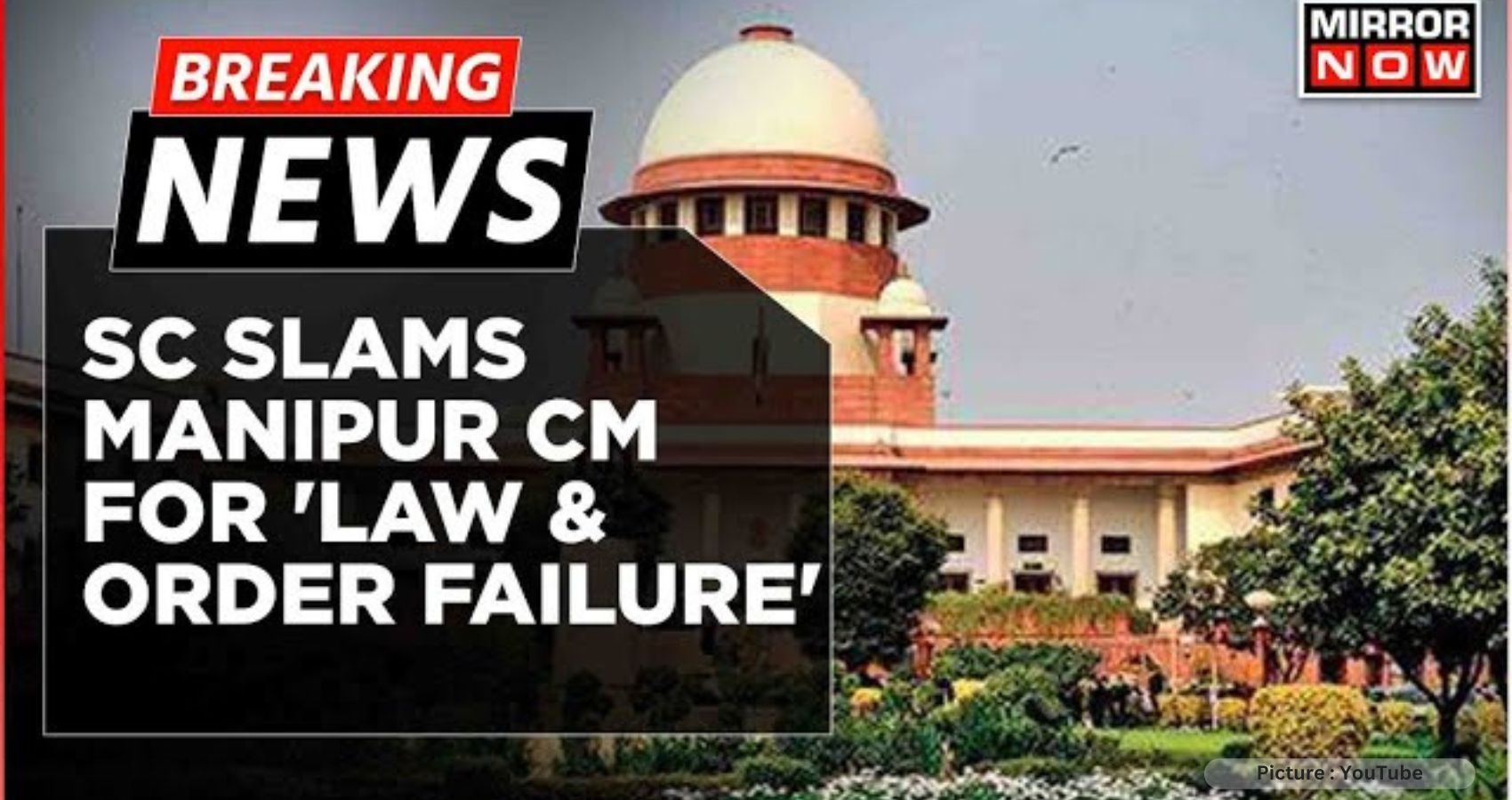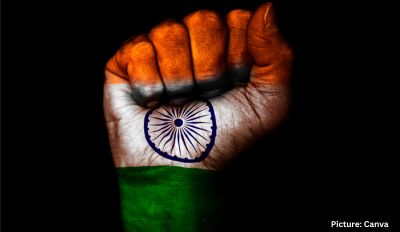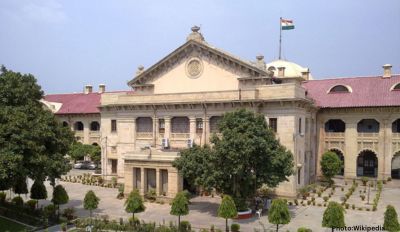Saying that there was a “complete breakdown” of law and order and constitutional machinery in Manipur and the state police had “lost control over the situation”, the Supreme Court on Tuesday summoned the state Director General of Police (DGP) at the next hearing on August 7.
In a status report submitted to the court, the state government said a total of 6,523 FIRs were registered, including 11 related to violence against women and children; 252 people were arrested in connection with these FIRs; there were 5,101 cases of arson; and 12,071 preventive arrests.
Solicitor General Tushar Mehta told the Bench led by Chief Justice of India D Y Chandrachud that two of the 11 FIRs on violence against women and children had been transferred to the CBI.
Asked what the state intended to do about the other FIRs, Mehta said they could be transferred to the CBI. The Bench, which included Justices J B Pardiwala and Manoj Misra, asked if the CBI could investigate over 6,000 FIRs.
Mehta said all the 11 FIRs related to violence against women and children could be transferred to the CBI. The court could then take a call later, he said.
“But what about the remaining (FIRs), assuming they don’t go to the CBI? The state police is incapable of investigating. It’s so obvious they have lost control over the situation. There is no law and order left. Absolutely no law and order left,” the CJI said.
Mehta objected and said: “Your Lordships may not say that. There are repercussions. Statements can be used, misused”.
“We are in the midst of a war of a different dimension. So anything that’s said in the court will have repercussions,” Attorney General R Venkataramani said.
Pulling up the police for their “tardy” probe, the court questioned the delay in registering FIRs. “Look at the way the investigation is so lethargic. It appears that except for one or two FIRs, there was no arrest at all… statements recorded after such a lapse of time,” the CJI said.
“Not justifying, but given the situation on the ground, that (delay) may have happened. Maybe they were deployed more on the law and order front,” Mehta said.
“That means for two months, the situation was not conducive for recording FIRs… It seems to give us the impression that from the beginning of May until towards the end of July, there was no law… there was a breakdown of constitutional machinery in the state. To the point that you cannot even…register an FIR, the police cannot make an arrest,” the CJI said.
“You may be right that the police could not make an arrest because the situation was out of control. An officer of the police could not enter the locality to make an arrest,” he said. “Assuming that is so, does this not point to the fact that there is a complete breakdown of law and order and of the machinery of the state,” he added.
In a severe indictment of the Manipur government for its abject failure to curb bloody Kuki-Meitei clashes and horrific crimes against women, the Supreme Court on Tuesday said there was an absolute breakdown of law and order and constitutional machinery in the sensitive border state in the past three months.
A bench headed by CJI D Y Chandrachud said the state government’s status report pointed to delayed registration of FIRs, lethargic investigation, big delays in recording of statements and only a small number of arrests.
When solicitor general Tushar Mehta said this could have happened because of the volatile situation on the ground, the bench said, “Assuming that the ground situation was such to prevent police from taking action against the accused, does it not point to the fact that there was a complete breakdown of law and order machinery in the state. If the law and order machinery cannot protect the people, where do they go?”
DGP summoned
The apex court ordered the Manipur director general of police (DGP) to appear before it on Monday with a break-up of FIRs lodged based on the gravity of offences.
He was asked to apprise the court on the action taken against the policemen who allegedly handed over to a mob the two hapless women who were stripped, paraded naked and sexually assaulted.
The state government said until July 25, the death toll from the ethnic strife was 150, with two Imphal districts accounting for 60 deaths, followed by Churachandpur 28, Kakching 21 and Bishnupur 20.
It said as many as 5,107 incidents of arson took place, with two Imphal districts recording 1,176 cases, Churachandpur 1,044 and Kangpokpi 1,124 cases.











